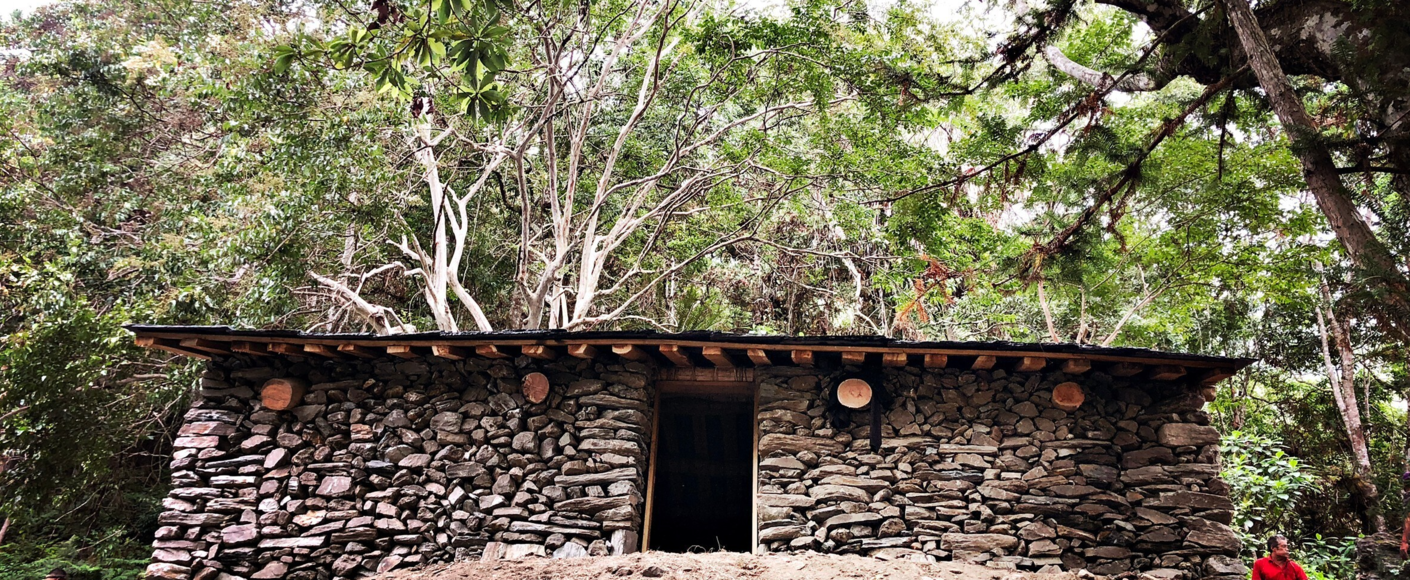Project Statement
To rebuild the bonds between the moved people and their ancestral lands, Hualien County government reconstructed part of Jiaxin old tribe’s landscape since 2018 to 2020. Professionals were invited to assist the working team consisting of the tribal descendants. Through interviews with the elderly seniors, in situ resource inventory check, reconstruction of the stone slab house and the auxiliary house, along with self-guided trail of Bunun ethno plants and bamboo lodge set for culture experience, a base of interpretation and education was therefore reconstructed to inherit and continue Bunun mountain culture.
Performance Achieved – Guardianship
The terrain of Taiwan is rugged and changeable with high mountains and deep waters. Such geographical environment has nurtured diverse cultures in response to the nature ecology. According to the archaeological data, the mountain forests in Taiwan had been the habitats for human beings ever since the Neolithic Age. However, on the beginning of Japanese rule in 1895, the indigenous people living in the mountains were forced to move down gradually to the plains, and then all the forests were nationalized. The restrictions on entering mountains was continued even after the National Government took over Taiwan in 1945. As the modernization of Taiwan began in the 19th century, its mountains and forests have been depopulated, and various regional cultures have disappeared one after another in the aforementioned historical background.
In 2005, one of the Additional Articles of the Constitution of the Republic of China said, “The State affirms cultural pluralism and shall actively preserve and foster the development of indigenous languages and cultures.” In 2016, the Tsai Ing-wen administration issued an apology to the indigenous peoples. President Tsai expressed, "I urge the whole society to work together to learn our history, know our lands and also our cultures of all different ethnic groups.” She vowed to promote the transitional justice of the indigenous peoples. This project was therefore planned and implemented under this national policy.
The purpose of this project is to create an opportunity for the evicted tribespeople to get back to their ancestral lands in the contemporary context. They can strengthen their connection with the land, regain their ancestors’ wisdom and establish their ethnic identity by personal physical learning of restoring their homes that were forced to abandon a hundred years ago. In the planning and design stage, the elderly seniors were interviewed and the tribespeople were invited to identify landscape elements.
In the process of materials collection and treatment, the Bunun traditional knowledge was applied and the rules of obtaining local materials was followed.
In the construction stage, a working group teamed by Jiaxin tribe descendants and clanspeople carried out the construction. The traditional Bunun tribal ritual of sacrificing a whole pig to worship the ancestral spirits was the main part in both the commencement and completion ceremonies of the construction, while relevant taboos were followed.
Performance Achieved - Identity
From 1933 to 1934, the Japanese Government evicted the Bunun people in the Lakulaku Creek valley to the lower mountain area forcibly. As a result, the Bunun people were detached abruptly from the estates and living environment that their ancestors have created in the mountains for a century. Even after World War II, the tribespeople were still deprived of their legal rights to collecting and hunting back in their ancestral lands due to the restrictions of the Forestry Act, the Wildlife Conservation Act and the establishment of Yushan National Park. Losing the inherent lands had brought the beautiful tribal life to an abrupt end, so that the mountain forest culture could barely pass on. Since then, the Bunun have been alienated from their ancestral origins, and their history and traditional culture has become more and more precarious.
Recently, the Bunun communities in various regions of Taiwan have emerged a wave of returning to the ancestral homes for their roots. By returning to their homelands in the mountain forests, Bunun people can reconstruct the ethnic identity and inherit their cultural assets, both tangible and intangible. The Hualien County Government responded to the indigenous people’s aspiration of returning to mother culture and thus designated the Jiaxin old tribe as a reconstruction base. It collaborated with the National Park, Forestry Bureau and relevant land management agencies. They also gathered professionals of architecture, archeology and other fields to restore the regional elements and reconstruct the landscape of Bunun mountain life with the tribespeople. The old structure of the house integrated in the environment for more than 80 years were dug out from the overgrown weeds and colluvial soil. The bond between the house and the environment was reconnected through the manual labor by contemporary tribespeople. They were led to learn how their ancestors survived the harsh natural conditions through exerting their knowledge of hydrology, climate, geology and the resources in mountain forests. The process to establish the autonomy of the tribal history includes returning to the ancestral lands, rebuilding the home from the desolate wilds, and honoring the ancestors’ wisdom.
The reconstructed Jiaxin old tribe is expected to be the core field to shape the cultural subjectivity for the Bunun people in Zhuoxi Township. After the completion of this project, local tribespeople have been trained as docents to introduce the Bunun mountain culture to the society. Besides, the Bunun teachers were invited to develop the ethnic education plan of “the Bunun house” theme. Now the Jiaxin old tribe has become a popular scenic spot on Walami Trail. With Bunun people’s guidance, visitors can learn about the social and cultural significance of the Bunun traditional houses and their knowledge of utilizing animals and plants. When narrating their mother culture to visitors, tribespeople themselves can trace and recognize the unexperienced history at the same time. The ethnic identity will be carried forward in their own life narratives and will be passed on to the future generations. The promotion and application of the ethnic education plan allows the Bunun students to experience the ancestral living in the mountain forests, by which they are able to understand the history of the colonial period, to learn the diversity of their mother culture, and to nurture their own self-identification.
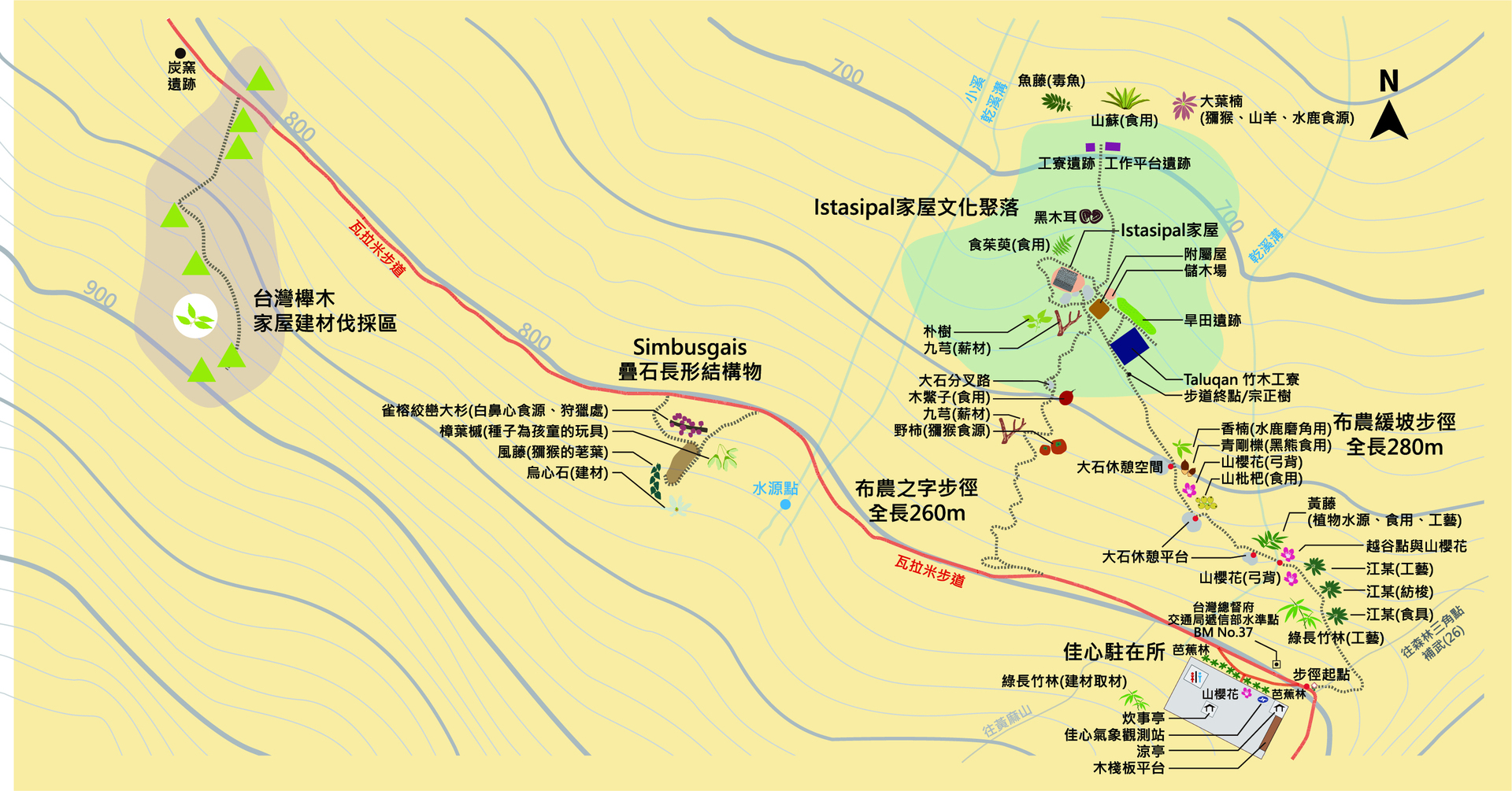
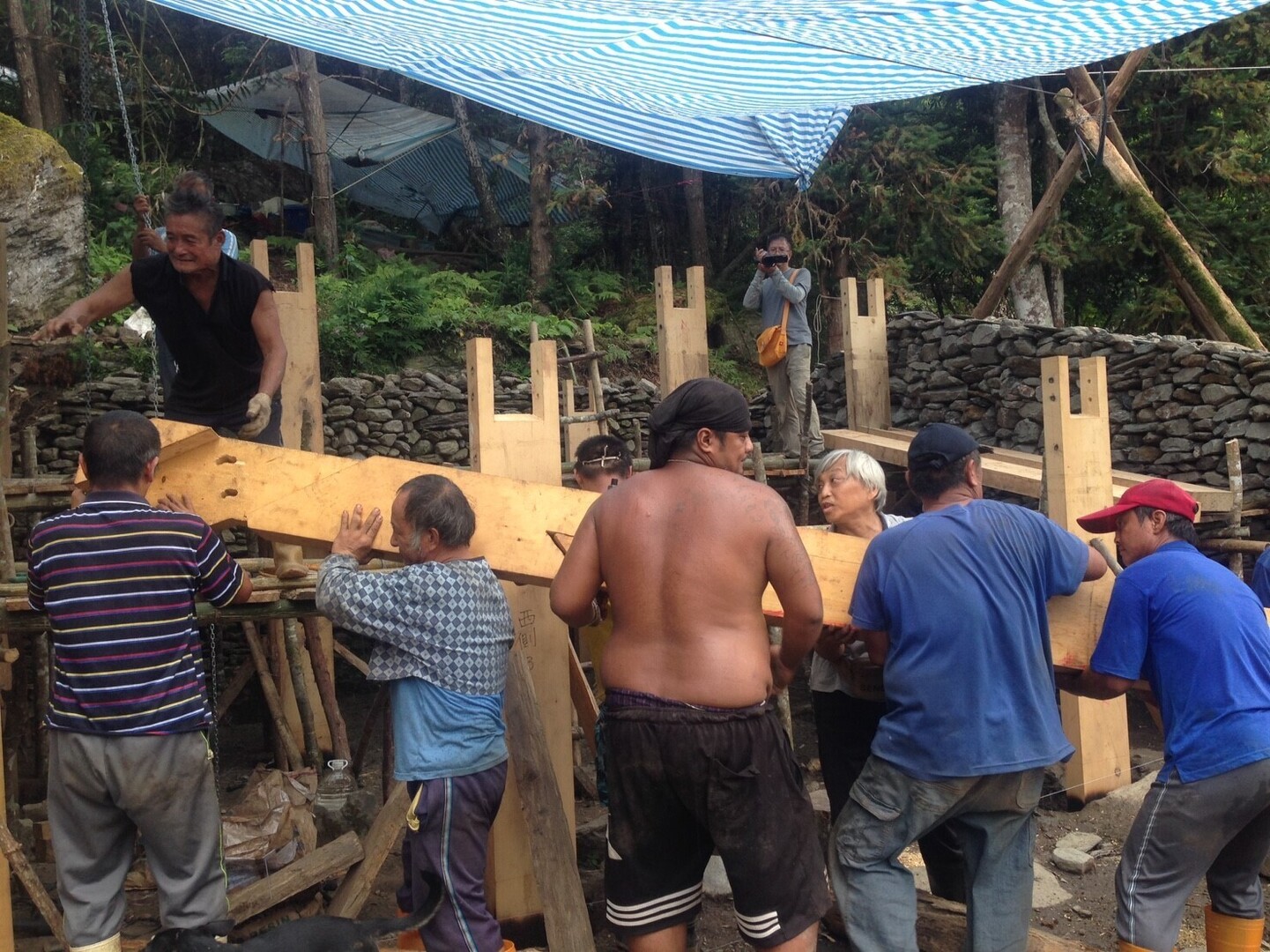
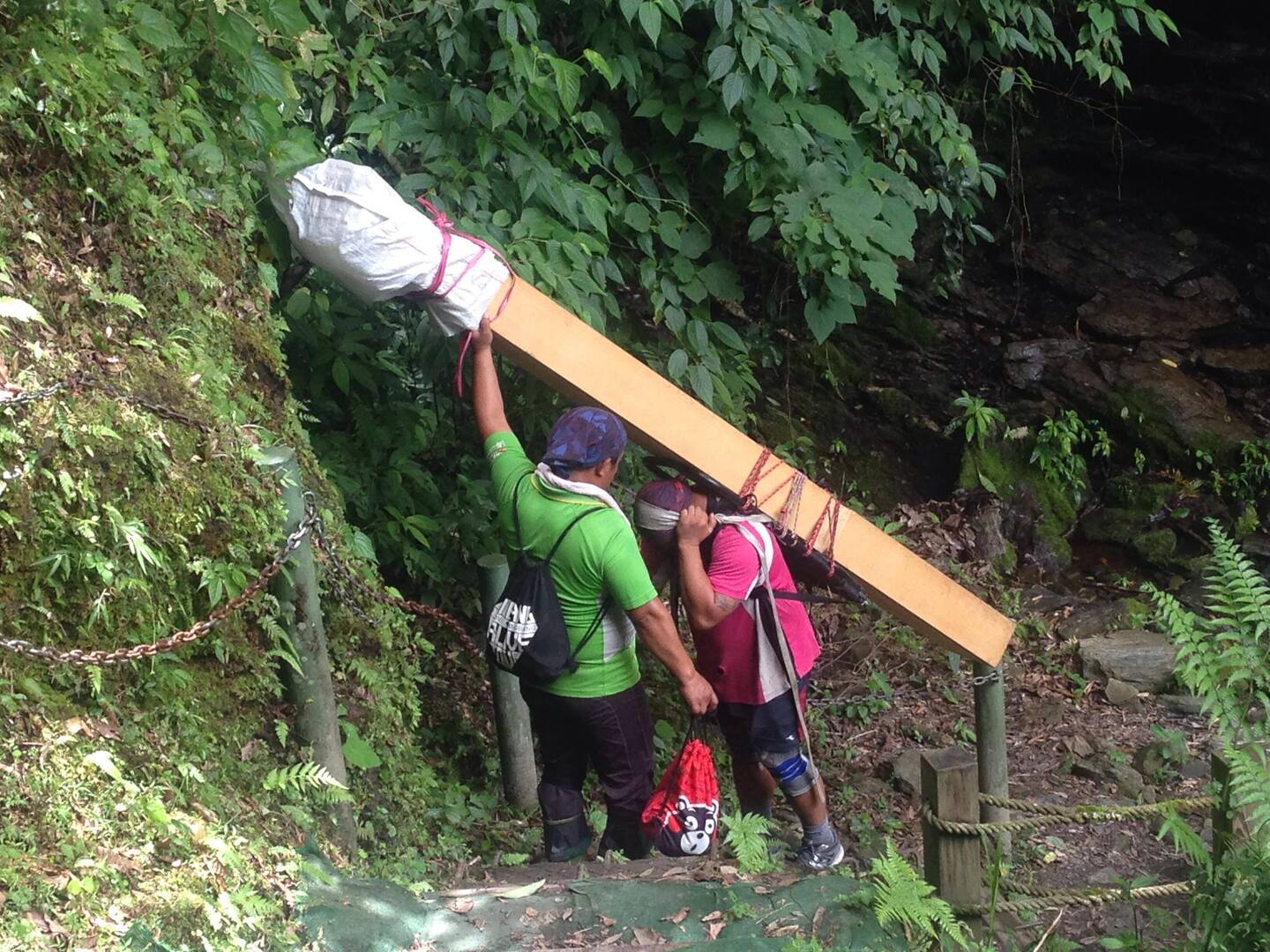
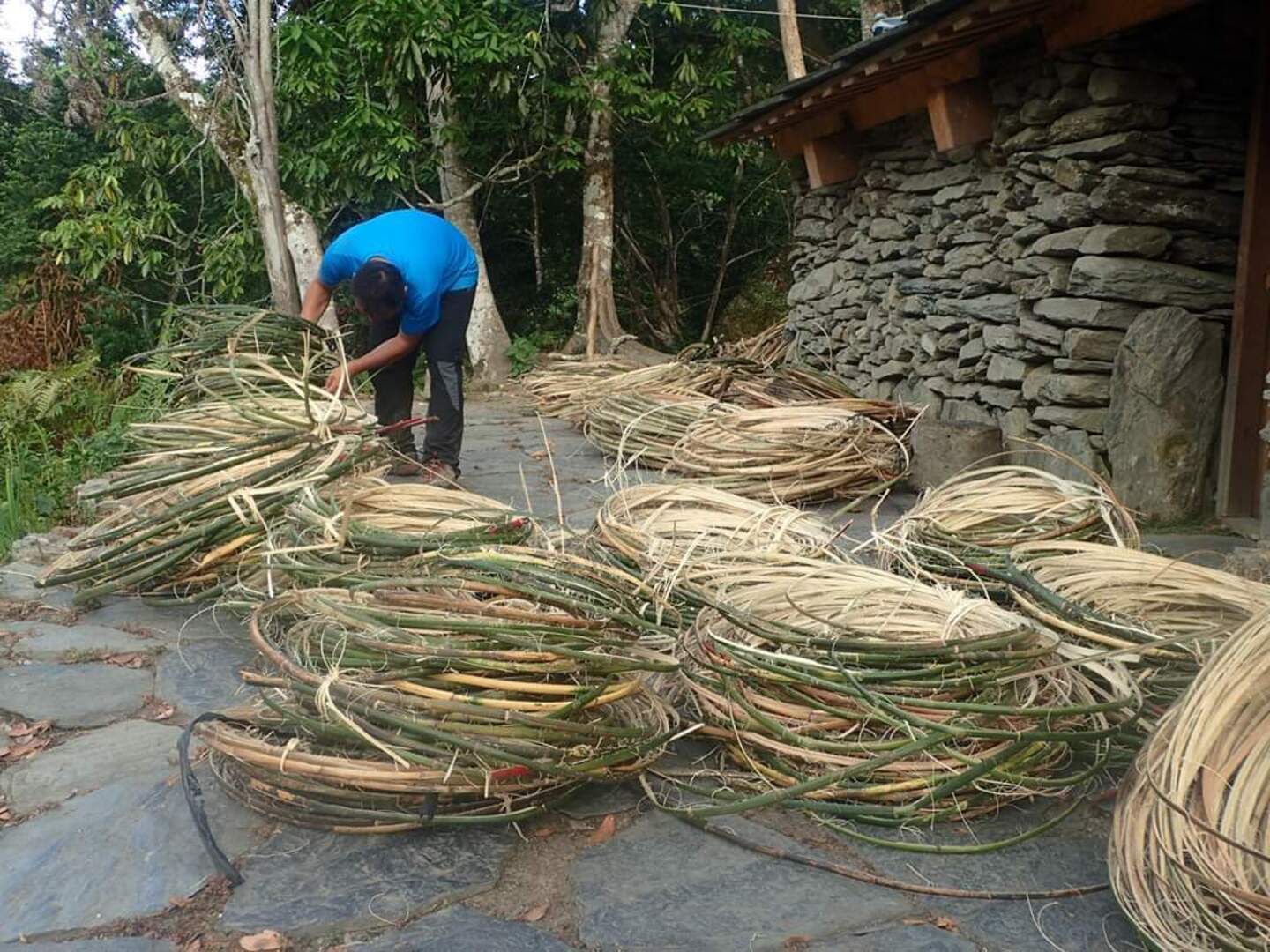
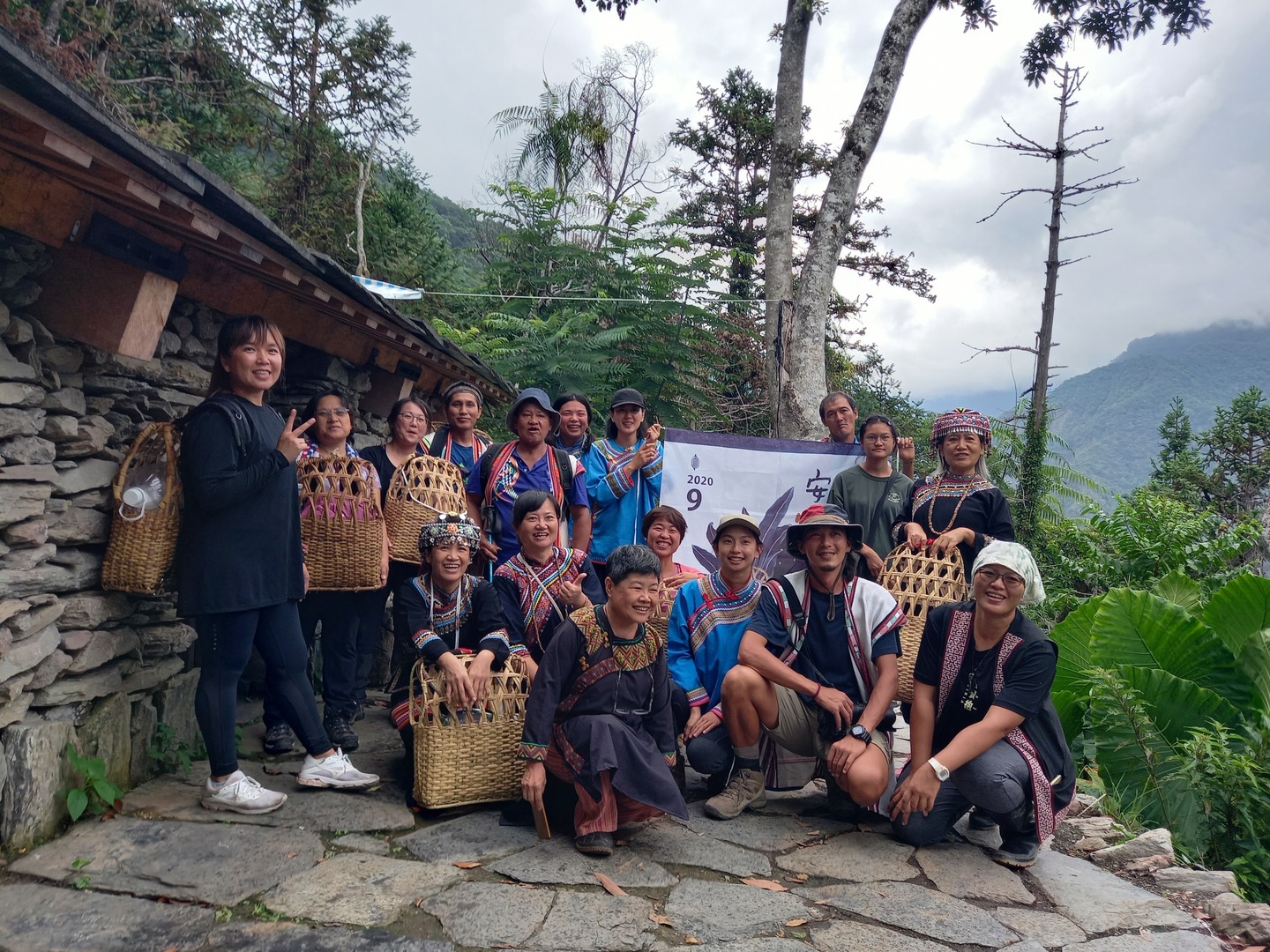
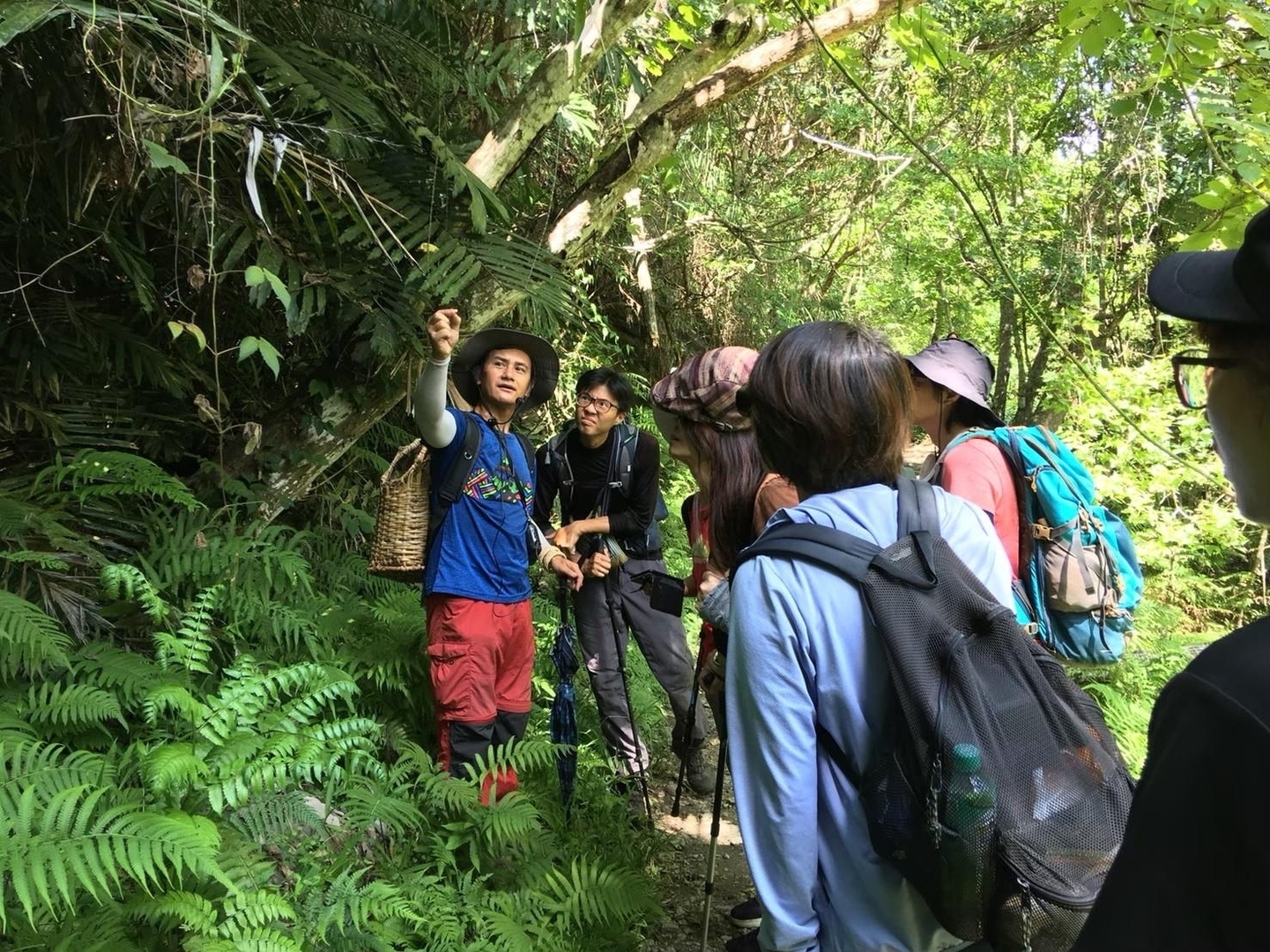
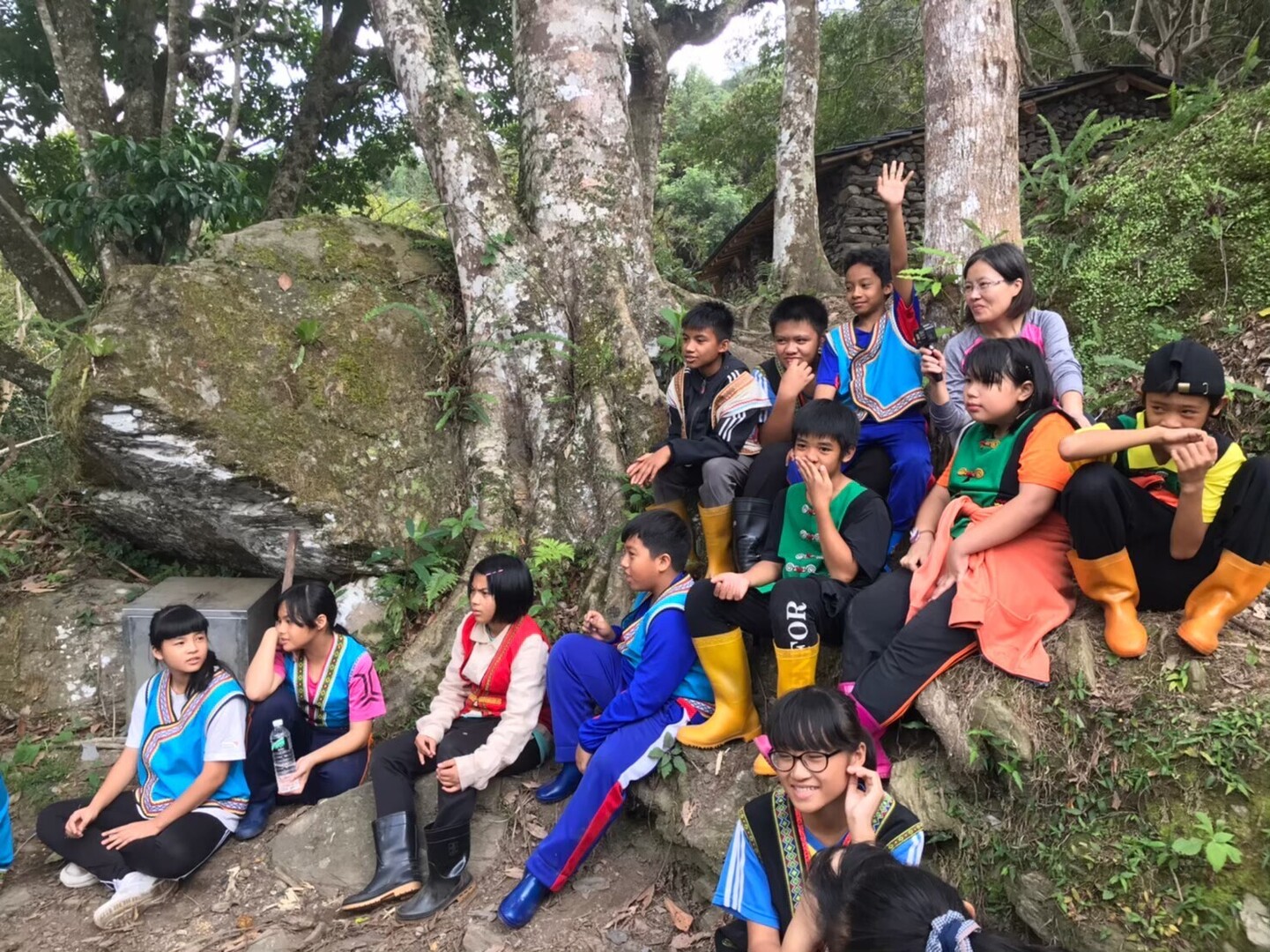
2021 9th TILA Landscape Awards-Prize Of The Year、2021 9th TILA Landscape Awards-Outstanding Award
實踐IFLA APR Landscape Charter類
